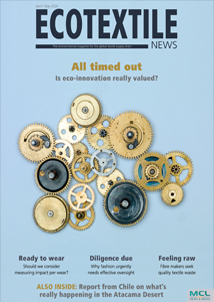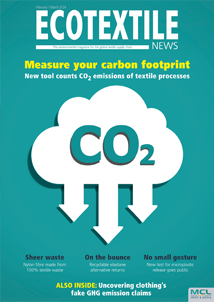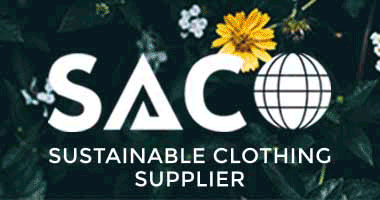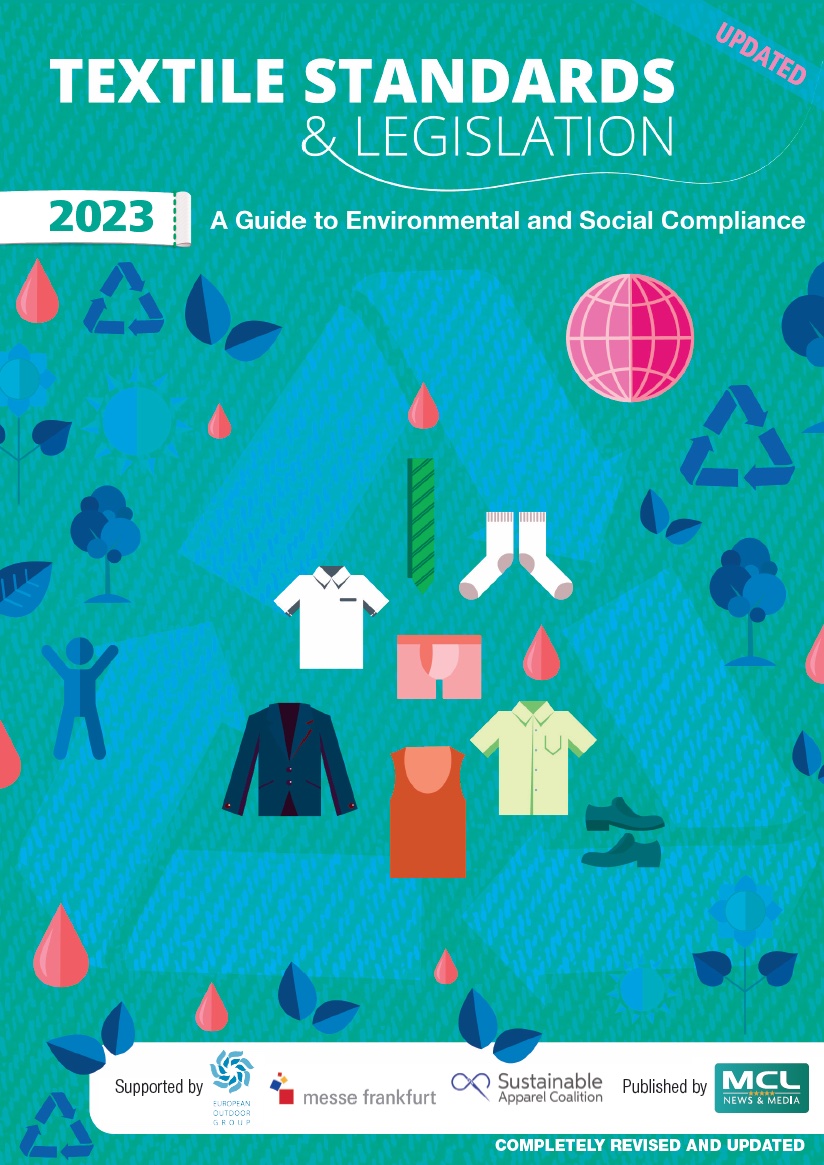WAKEFIELD – It's that time of year again when we wish our readers a Merry Christmas and a Happy New Year – and reflect on some of the more memorable stories from over the last 12 months.
Back in January, the International Accord for Health and Safety in the Textile and Garment Industry achieved its goal of spreading its wings beyond Bangladesh by setting up a new safety programme in Pakistan.
The International Accord. which was established in 2021 as a two year programme to make brands legally liable for the workers who make their clothes, would later be extended for up to six years.
In February, the Ethical Trading Initiative (ETI) marked the second anniversary of the military coup in Myanmar by urging brands and retailers still sourcing from the country to reassess the human rights implications of their actions.
March saw the European Commission publish its proposals to protect consumers from greenwashing including restrictions on new environmental labels, and requirements for green claims to be backed by scientific evidence. The draft Green Claims Directive was drawn up after analysis found that more than half of environmental claims were “vague, misleading or based on unfounded information”.
In April, Ecotextile News marked the 10th anniversary of Rana Plaza with a special supplement in our magazine which paid tribute to the victims of the garment industry's worst ever disaster. Our reporter Lavinia Muth visited Bangladesh for a series of interviews with industry stakeholders, unions and the victims and survivors of Rana Plaza whose voices are rarely heard.
In May, we reported that Higg, the technology partner of the Sustainable Apparel Coalition (SAC), had rebranded under a new name - Worldly - and would be releasing new products which were not part of the Higg Index suite of tools.
June found us in Milan for the giant ITMA trade fair - the world’s largest textile and garment technology trade event - which was being staged for the first time since the COVID-19 pandemic. Featuring more than 1,700 exhibitors from 47 countries, the event also included the Planet Textiles sustainability conference organised by the SAC in partnership with our publishers, MCL News and Media.
In July, we reported on an study on garment durability by academics at the University of Leeds. Significantly, they found that most expensive definitely didn't mean longest lasting and that price was no real indicator of quality.
New innovations are always of interest to our readers, and a story in August - about a University of Copenhagen study which found that ordinary bakers' salt could separate polyester–cotton blends - proved predictably popular.
September saw the release of the SAC's independent review of its Higg Materials Sustainability Index (Higg MSI) and Higg Product Module (Higg PM) tools. It had been launched in June 2022 after consumer watchdogs in Norway declared the use of Higg MSI data on consumer-facing product labels illegal.
In October, Swedish textile recycler Renewcell revealed that sales of its Circulose pulp were significantly lower than expected and that it was now set to miss its target of breaking even by the end of this year.
Things quickly got worse as the company replaced its CEO, revealed that sales had slumped to zero, and announced a strategic review to raise more funds, before the year ended on a more positive note thanks in part to major backer, H&M.
November saw Bangladesh's worst social unrest in a decade, including four deaths, as garment workers staged violent protests at the first rise in their minimum wage in five years, from $75 to $114 a month which unions insisted was still not enough to meet basic needs.
And that brings us to December when European Union legislators finally reached agreement on the Corporate Sustainability Due Diligence Directive (CSDDD) which will make companies liable for humans rights and environmental issues in their global supply chains.
With that in mind, keep an eye out for our next issue which will feature in-depth coverage on the ever changing legislative landscape – where some big news from France will be announced. We'll also have details of an interesting new tool that can assess the environmental impact and estimate the greenhouse gas emissions of virtually any textile process. Other stories in the works include a report on a delegation that was flying the flag for Bangladesh's garment industry in the Palace of Westminster; a new first-of-its-kind test for microplastic shedding; and a bid to use the world's first biodegradable stretch denim as a fertiliser on cotton crops
So that wraps up our brief review of the year – except to thank our loyal readers, sponsors, partners and advertisers for their continued support in our efforts to bring meaningful, independent commentary on environmental and social issues in our industry.
If you are not a regular reader, but want to subscribe to access all our archived news, features and opinion on our website, app and print magazine, you can do so HERE.
Meanwhile, our sincere best wishes to everyone for a healthy, peaceful and prosperous 2024.













































